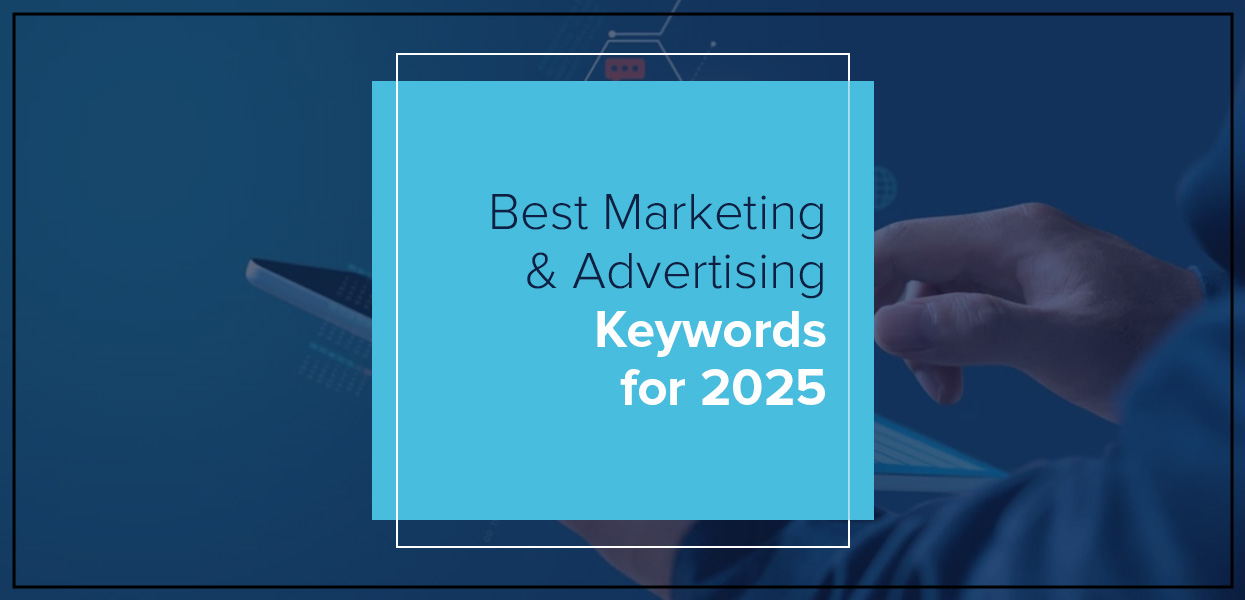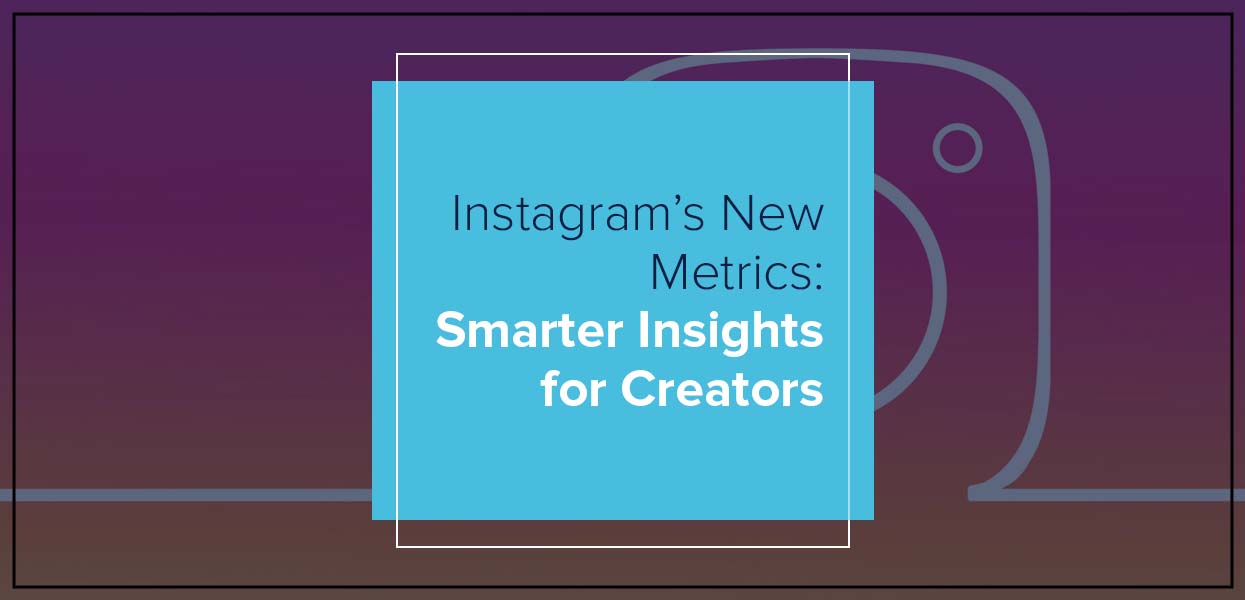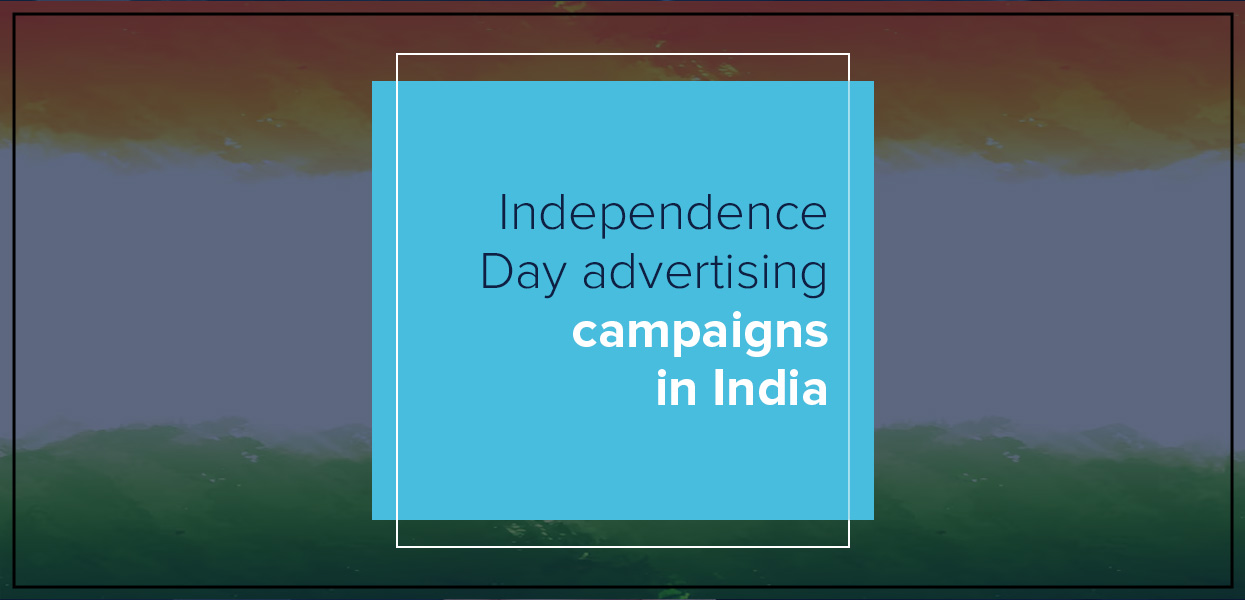What is Google PPC Pay Per Click Advertising

In Google Ads, PPC stands for "pay-per-click". It's a digital advertising model where you only pay when a user clicks on your ad. This means you're not just paying for impressions—you're paying for action. Every click has potential: a new visitor, a lead, or even a customer.
Think of it like this—you're bidding for a front-row seat on Google’s search results, but only paying when someone actually taps your shoulder.
Whether you’re a business consultant, digital marketing expert, or simply exploring Google Ads for beginners, PPC advertising is your ticket to targeted traffic, quick results, and data-rich campaigns. From promoting a new product to driving bookings or generating leads, Google PPC puts you right where your audience is searching.
But what exactly is Google PPC advertising, and how does it work? In this blog, we’ll break it all down—how to run a PPC campaign, how much it costs, what makes it work effectively, and how you can outsmart your competitors using smart targeting and clever strategies.
If you're ready to turn searches into success, let’s get started.
What is Google PPC & How Does It Work?
Google PPC (Pay-Per-Click) is a type of digital advertising where you pay only when a user clicks on your ad. These ads appear at the top of search results, often before the organic listings, making them a powerful tool to attract high-intent users. For business consultants, PPC offers an instant route to visibility, placing your services directly in front of people who are actively searching for solutions.
The Google Ads Auction – What Happens Behind the Scenes
Every time someone types a query into Google, an auction takes place in milliseconds. Let’s say a potential client searches for “business growth consultant for startups.” Google instantly analyzes all the ads targeting those keywords and decides which ones to show.
But this isn’t a traditional auction where the highest bidder wins. Google Ads balances three key factors to determine which ads appear, and in what order:
Bid Amount – How much you’re willing to pay for a click.
Quality Score – Google’s rating of the quality and relevance of your ad, based on:
Click-Through Rate (CTR)
Keyword-to-Ad relevance
Landing page experience
Ad Rank – A combination of your bid and Quality Score that determines your ad’s position.
Example: Why Strategy Beats Budget
Imagine two consultants are bidding on the keyword “digital marketing consultant in Mumbai.”
Consultant A bids ?100 but has a poor ad and a generic landing page.
Consultant B bids only ?60 but offers a highly relevant ad with strong copy, site links, and a landing page specifically tailored to Mumbai-based business owners.
In this case, Consultant B may still outrank Consultant A due to a better Quality Score, saving money while achieving better visibility.
This is where a consultant’s edge comes into play—not by spending more, but by spending smart.
The Anatomy of a Winning PPC Campaign
To run a successful Google PPC campaign, each element of your ad ecosystem must work cohesively:
Keywords: These are the phrases your audience searches for. Using keyword match types (broad, phrase, exact) strategically helps control reach and relevance.
Ad Copy: This is your 3-second pitch. It must address pain points, offer a solution, and include a strong CTA like “Book Your Free Consultation.”
Ad Extensions: These extras—like call buttons, site links, and location info—improve CTR and offer more ways for users to interact.
Landing Page: This is where the user lands after clicking. It must reflect your ad’s promise, load fast, and drive action—be it booking a call, downloading a lead magnet, or signing up for a workshop.
Why It Matters for Consultants
Unlike SEO, which can take months to show results, PPC lets consultants test messaging, target niche markets, and drive immediate leads. If you’re launching a new service, entering a new city, or trying to attract a specific type of client, PPC offers immediate traction.
With the right keywords and copy, a freelance consultant can run ads during high-conversion times (like Q1 planning season) and appear in front of CXOs actively budgeting for transformation.
How to Run a Google Ads PPC Campaign
Running a successful Google Ads campaign is both an art and a science. While the platform gives you the tools, the success depends on how well you align strategy with execution, especially for consultants looking to drive qualified leads.
Step 1: Define Your Goal
Every campaign starts with clarity.
Lead Generation: For consultants offering free discovery calls, webinars, or audits.
Brand Awareness: New consultants entering a market or launching a new offering.
Website Traffic: For blog content or lead magnets (eBooks, guides, etc.).
Retargeting Engagement: Nudging cold or warm leads back to your services.
Consultant Example: A financial consultant could run a “Free Tax Planning Call” campaign in Q4, when business owners start planning year-end finances.
Step 2: Choose the Right Campaign Type
Google Ads offers several campaign types. Choosing the right one is key to maximizing results.
Search Campaigns
Text-based ads that appear on Google Search results.
Use Case: A B2B consultant targeting “supply chain optimization consultant in Delhi.”Bad Ad Copy Example:
“Professional Consulting Services. Call Now.”
(Too generic, no clear benefit.)Good Ad Copy Example:
“Reduce Supply Costs by 20% – Book a Free Audit with Our SCM Experts.”
(Specific, benefit-led, and has a CTA.)Display Campaigns
Visual banner ads on websites across Google’s Display Network.
Use Case: A leadership coach running a brand awareness campaign featuring their personal brand and testimonials.Pro Tip: Use attention-grabbing creatives with bold messaging. Tools like Canva or in-platform responsive ads can help.
Video Campaigns (YouTube Ads)
Short video ads are shown on YouTube before or during videos.
Use Case: A digital transformation consultant promoting a short video series: “5 Things Every CEO Should Know Before Going Digital.”Hook viewers in the first 5 seconds: “Are you still running your business like it’s 2010?”
Performance Max Campaigns
AI-driven campaigns that run across Search, Display, YouTube, Gmail, and Maps using Google's machine learning.
Use Case: A growth consultant launching a full-funnel strategy for a startup across multiple channels.These are great for consultants short on time who want Google’s AI to optimize assets and placements.
Remarketing Campaigns
Re-engage users who visited your site but didn’t convert.
Use Case: A SaaS implementation consultant runs ads that say, “Still thinking about upgrading your ERP system? Book a free consult today.”Bonus Tip: Layer remarketing with audience segmentation—show different ads to visitors who viewed pricing vs. blog content.
Dynamic Search Ads
Google automatically generates headlines based on your website content.
Use Case: A consultant with a large services section on their site (e.g., “Digital Strategy,” “CX Transformation,” etc.).Saves time by letting Google match user queries to your actual service pages.
Step 3: Build Ad Groups & Select Keywords
Group similar services or offerings into ad groups. For example:
Ad Group 1: “Business Growth Consultant”
Ad Group 2: “Startup Consultant Services”
Ad Group 3: “SME Marketing Consultant”
Use a mix of:
Broad Match: To test variations.
Phrase Match: To stay relevant.
Exact Match: For high-intent targeting.
Pro Tip: Use negative keywords to avoid wasting money (e.g., block searches like “free consultant jobs” or “internship consultant”).
How to Set a Budget for Google PPC Advertising
When it comes to Google PPC, your budget isn’t just a number—it’s a strategy. Whether you're a business consultant managing your own ads or a digital marketing expert running client campaigns, setting the right budget determines how visible your ads are and how effectively they drive results.
Start with Your Goals
Begin by identifying what you want to achieve—leads, sales, website traffic, or app installs. Once your goals are clear, estimate how much you’re willing to pay per click and how many clicks you'll need to reach your desired outcome. For instance, if your CPC is ?20 and you want 100 clicks, your starting budget should be at least ?2,000.
Use Smart Budget Allocation
Test with a Daily Budget: Start small, such as ?300 to ?500 per day, and scale once performance data is available.
Prioritize High-Intent Keywords: Invest more in keywords that signal buying intent, even if they cost more.
Reserve Budget for Testing: Set aside part of your budget to experiment with different ad creatives, keyword variations, or audience segments.
Monitor and Adjust
PPC campaigns require ongoing optimization. Regularly review your campaign performance and shift your budget toward ads, keywords, and audiences that deliver the best results. Pausing low-performing ads can free up budget for what’s working.
Consultant’s Tip for Business Owners
Before launching your Google Ads campaign, work with your consultant to create a transparent budget forecast. Understand how your ad spend aligns with goals like leads or sales—this clarity ensures better decision-making and sets realistic expectations for success.
How to Do Google Ads Competitor Analysis
Knowing what your competitors are doing isn’t optional—it’s essential. A well-executed competitor analysis helps marketing experts, business consultants, and brands find gaps, discover winning ad strategies, and refine their messaging.
Here’s how to do it:
Use Auction Insights – Google Ads' built-in tool shows how your ads stack up against others bidding on the same keywords.
Spy on Ad Copies – Search your top keywords and observe how your competitors write headlines, offers, and CTAs.
Study Landing Pages – Analyze where their ads lead. What’s their messaging? What actions do they drive?
Use Tools Like SEMrush or SpyFu – These show what keywords your competitors bid on and how much traffic they get.
By regularly reviewing this data, you can fine-tune your strategy and stay ahead in the PPC game, without blowing your budget.
Conclusion
Creating a successful Google Ads campaign isn’t just about setting a budget and picking keywords—it’s about understanding your audience, tracking the right metrics, and staying ahead of your competition. Whether you’re a business consultant, a digital marketing expert, or just starting out, mastering the essentials of PPC advertising helps you turn every click into an opportunity.
For more such insights on paid marketing, ad strategies, and performance-driven campaigns, stay connected with the team at Uniworld Studios—your partner in growth.
Categories
- Digital Marketing
- Website Development
- Graphic Design
- Content Writing
Latest Posts
-
- Essential Marketing & Advertising Keywords 2025



